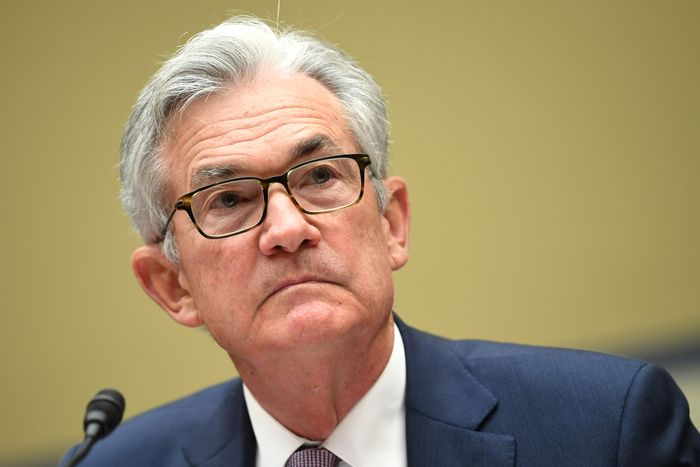
Anticipation has been running high for months ahead of the Federal Reserve’s annual Jackson Hole symposium which, for a second straight year, isn’t actually happening in the Wyoming ski resort town. The day is finally here, but investors will likely be left unsatisfied.
While investors are hungry for clarity over plans to taper the emergency bond-buying program launched in response to the pandemic, odds are that Chairman Jerome Powell won’t deliver it when he speaks during the remote conference at 10 a.m. Eastern time. This is in part because of the economic headwinds posed by resurgent Covid-19 cases and a reluctance to front-run the Fed’s policy-making committee, which next meets Sept. 21-22.
The Fed’s own scrapped in-person plans highlight Covid’s threat to the economy at a time when economists, employers and Fed officials themselves have been counting on millions of workers returning to the labor market in September, thereby relieving the labor shortage that is at the center of the everything-shortage. And these Covid headwinds come as economic and corporate earnings growth is already peaking, strategists say, and geopolitical risks are rising.
That’s not to say there aren’t plenty of reasons to believe Powell will hit lots of dovish notes. After all, the Delta variant and the economic threat it poses offers a convenient out for officials on the fence about starting to taper this year.
But his task is fraught. He not only needs to sound sufficiently dovish to avoid upsetting markets anxious about the wind-down of the Fed’s $120 billion in monthly Treasury and mortgage-backed securities purchases, but he also needs to soft-pedal those headwinds or he risks spooking markets. At the same time, many investors are looking for Powell to acknowledge inflation that has been both hotter and persistent than the Fed has forecast.
Add it all up and the Fed chief must try to balance competing forces. The easiest thing to do: say as little as possible. Yet even if Powell doesn’t deliver answers, one thing seems certain. A taper announcement before November is increasingly unlikely, and expectations for a delay to the start of monthly purchase reductions until 2022 are building.
To that point, what Powell doesn’t say during his speech, and the Q&A to follow it, may wind up more important than what he does say.
精彩评论